Noninvasive paramagnetic susceptibility imaging unravels and quantifies brain iron variation in patients with epilepsy.
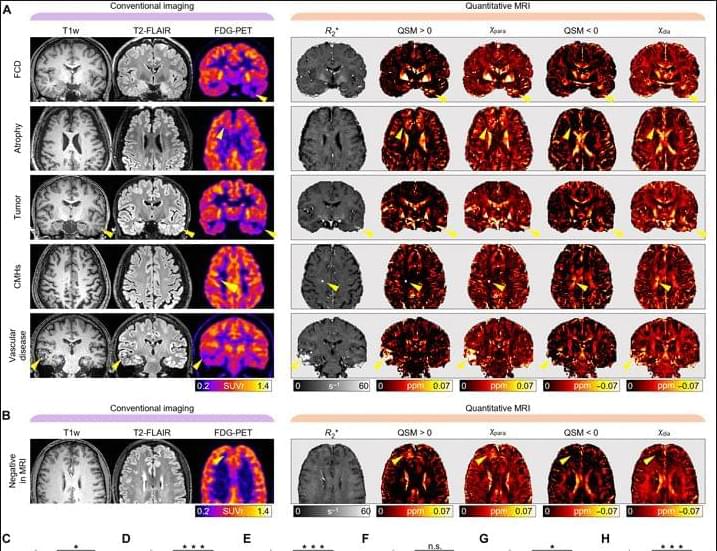

February’s Longevity Review is now available, with a look at how the combination of Omega 3, Vit D & exercise can slow aging; a human trial of young blood plasma; Klotho gene therapy to increase lifespan; and, in the Canadian content study, how cellular reprogramming protects retinal neurons in multiple sclerosis.
A review of the most interesting and impactful longevity related studies from Febuary, with a look at how the combination of Omega 3, Vit D & exercise can slow aging; a human trial of young blood plasma; Klotho gene therapy to increase lifespan; and, in the Canadian content study, how cellular reprogramming protects retinal neurons in multiple sclerosis.
Contents:
1. Intro 0:00
2. Omega 3, Vitamin D & Exercise Slow Aging 0:55
3. Young Blood Plasma Human Trial 9:46
4. Klotho Gene Therapy Increases Lifespan 18:45.
Canadian Content Study.
Consciousness is one of the most fundamental aspects of our existence, but it remains barely understood, even defined. Across the world scholars of many disciplines — philosophy, science, social science, theology — are joined on a quest to understand this phenomenon.
Tune into one of the more original and controversial thinkers at the forefront of consciousness research, Stuart Hameroff, as he presents his ideas. Hameroff is an anaesthesiologist who, alongside Roger Penrose, proposes that the source of consciousness is structural, produced from a certain shape in our brain. He expands on this, and much more (such as evolution), in this talk. Have a listen!
To witness such topics discussed live buy tickets for our upcoming festival: https://howthelightgetsin.org/festivals/

Two of the first patients of adaptive Deep Brain Sitimulation (aDBS) Parkinson’s therapy and the neurologist who developed the care system share how life changes and how it doesn’t when receiving the groundbreaking new FDA-approved treatment mitigating the most disruptive symptoms of the progressive neurological disease, which still has no cure.
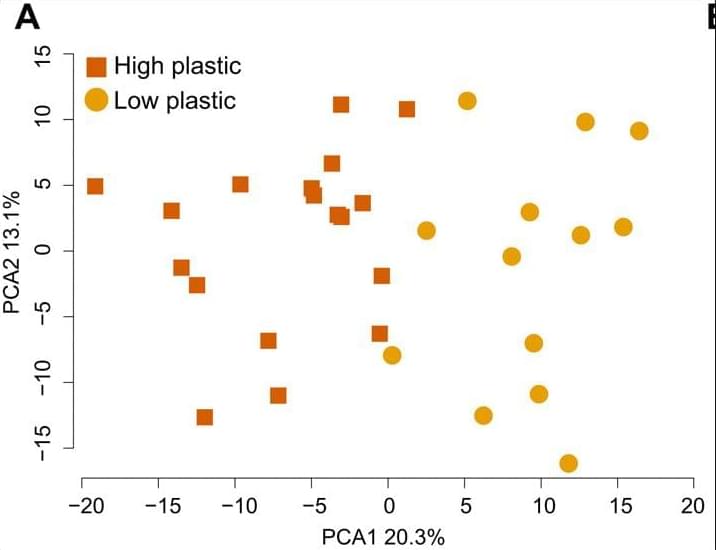
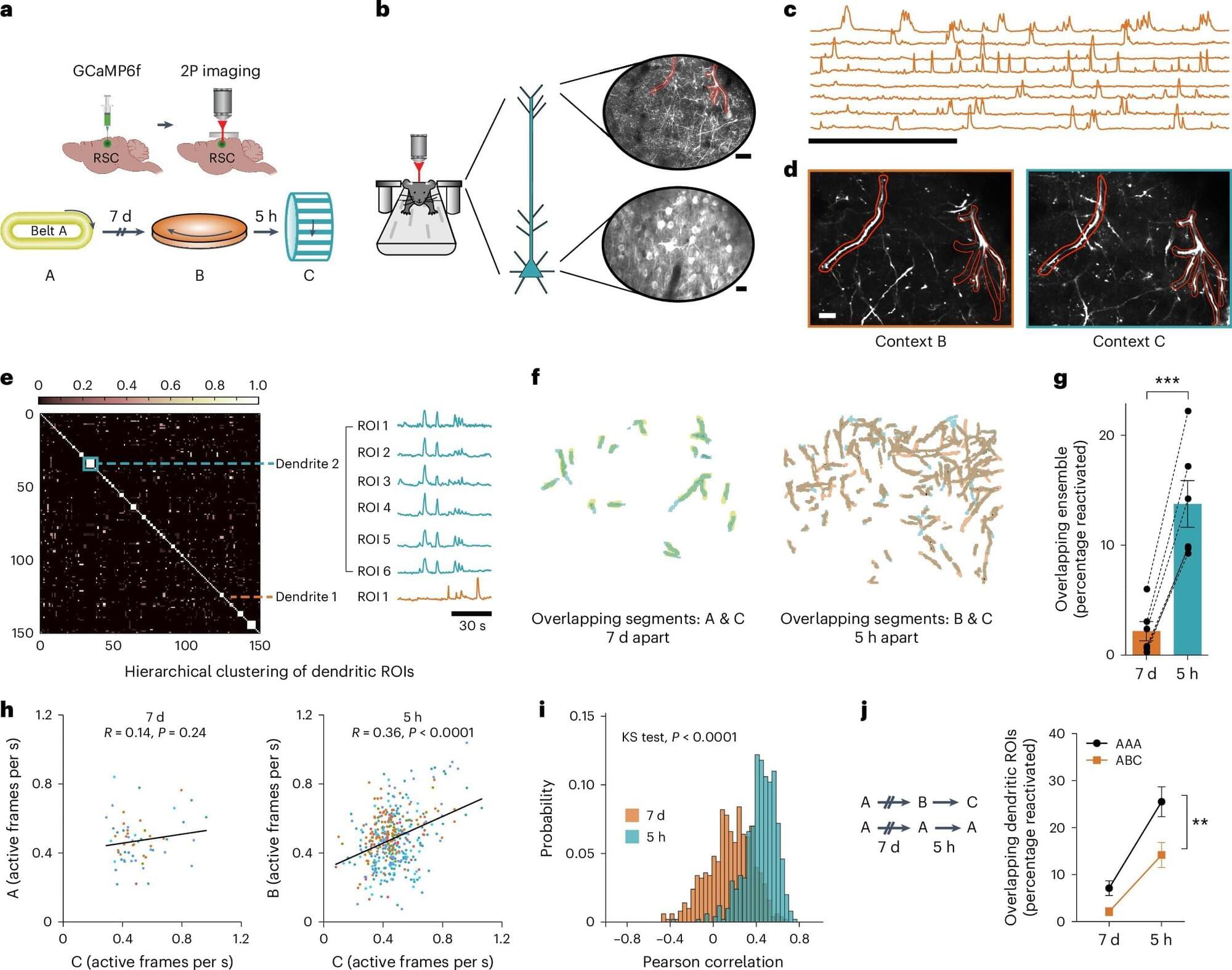
If you’ve ever noticed how memories from the same day seem connected while events from weeks apart feel separate, a new study reveals the reason: Our brains physically link memories that occur close in time not in the cell bodies of neurons, but rather in their spiny extensions called dendrites.
This discovery stems from studies in mice, in which researchers observed memory formation using advanced imaging techniques, including miniature microscopes that captured single-cell resolution in live animals.
The study shows that memories are stored in dendritic compartments: When one memory forms, the affected dendrites are primed to capture new information arriving within the next few hours, linking memories formed close in time.
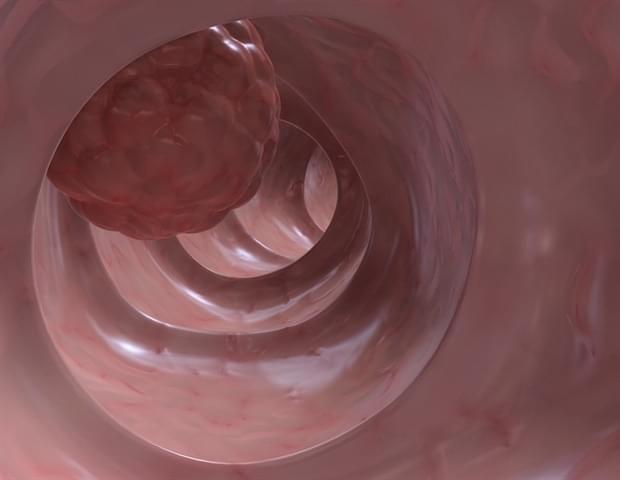
Professor Kwang-Hyun Cho’s research team has recently been highlighted for their work on developing an original technology for cancer reversal treatment that does not kill cancer cells but only changes their characteristics to reverse them to a state similar to normal cells. This time, they have succeeded in revealing for the first time that a molecular switch that can induce cancer reversal at the moment when normal cells change into cancer cells is hidden in the genetic network.
KAIST (President Kwang-Hyung Lee) announced on the 5th of February that Professor Kwang-Hyun Cho’s research team of the Department of Bio and Brain Engineering has succeeded in developing a fundamental technology to capture the critical transition phenomenon at the moment when normal cells change into cancer cells and analyze it to discover a molecular switch that can revert cancer cells back into normal cells.
A critical transition is a phenomenon in which a sudden change in state occurs at a specific point in time, like water changing into steam at 100℃. This critical transition phenomenon also occurs in the process in which normal cells change into cancer cells at a specific point in time due to the accumulation of genetic and epigenetic changes.
Brain activity in vocalizing budgerigar parrots showed a pattern that harkened to those found in the brains of people.
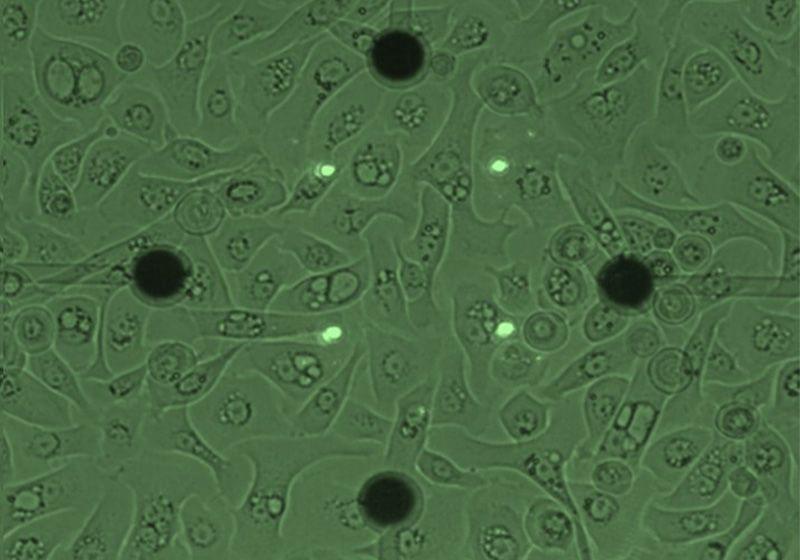
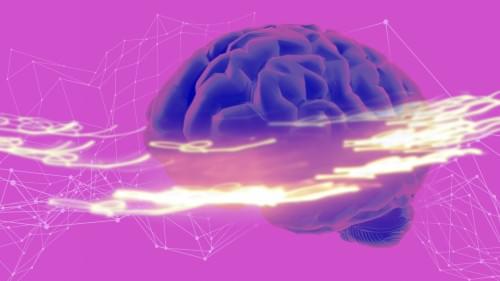
Brain injury, disease and subsequent interventions can alter behaviour, providing a unique opportunity to study cognitive processes. This Collection seeks to bridge the gap between neurologists and neurosurgeons studying clinical disorders and neuroscientists studying neural processes underlying typical cognition.
The editors at Nature Communications, Communications Biology and Scientific Reports therefore invite original research articles examining neural mechanisms underlying cognitive functions in people affected by neurological conditions. This call for papers includes but is not limited to studies in patients with epilepsy, brain tumours, stroke, neuropsychiatric disorders, neurodegenerative disease or traumatic brain injury using brain stimulation and recording techniques and/or neuroimaging that offer new insights into the mechanisms behind cognitive processes. We also encourage submissions aiming to develop best practices and reporting of these studies. Preclinical work is not within scope for this collection.
This is a cross-journal Collection across Nature Communications, Communications Biology and Scientific Reports. Please see the relevant journal webpages to check which article types the journals consider.